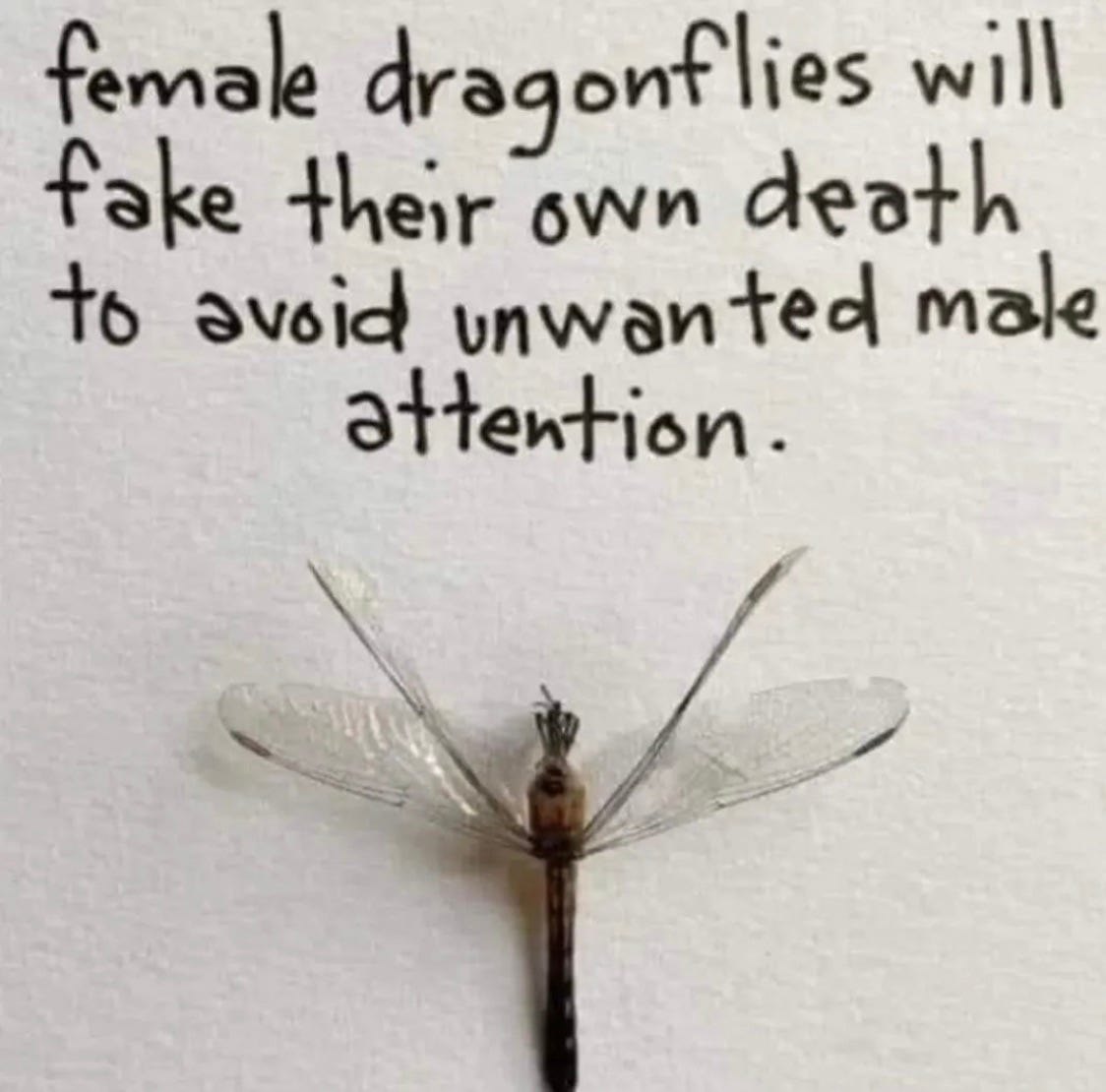Technological error. Email gaff. Unfortunate incident.
Thank you, dear readers, for your kindness, understanding, and support. I am deeply grateful to everyone who reached out – the calls, texts, emails, and comments – telling me it was okay, it wasn’t as awful as I feared, people would forget, and most probably hadn’t even noticed. Some of you even told me it had landed in the spam folder.
This was incredibly kind. I keep thinking, this is what community is. Love and support and safety. These are all crucial elements of home. And this space—Finding Home—is also a home of sorts, a home in its own right. Certainly for me and, it appears, for some of you as well.
This, my friends, is why I was so upset. I need Finding Home to be a safe place, for both me and for you. All of us. Every one of us.
The challenge of writing about home is that we each have different experiences. Some of us had great homes as a kid and good parents who were present and loving. Others of us not so much. Home might have been dangerous, or at the very least, unsafe. Violence and abuse – direct and obvious or subtle and insidious – were present. Maybe all the time or maybe only a few notable times.
The reason writing about home is not a challenge is this: while our experiences may differ, our expectation does not. The archetype of home never changes. For all the beautiful works that focus on home—songs, essays, poems, books, movies—the elements are always the same. Home is the place where our needs are met, where we feel safe, are loved and valued. It is the womb of our worth and confidence. Even when this is not your experience as a child, it is always what we are looking for.
One thing I haven’t discussed much here is when home is not a safe place. Instead, I try to focus on the positive – on connection, and how we might create home or feel at home wherever we are.
Yet safety is, for many of us, one of our biggest daily concerns. This is evident in the rise of home security systems, RING doorbells, and even gun ownership. The debate about mask mandates and vaccines is also deeply rooted in fears for our safety.
Women, immigrants, people of color, and gender non-conforming persons live with another level of fear and awareness around safety, which some of us can honestly never fathom because it isn’t our experience. But it’s there, it’s real, and it is ever-present. If we are going to truly discuss home, we can’t ignore this. Home is not always a safe place. For at least half of the population, home can be a dangerous environment.
If I had remained a purely academic researcher, I might be better able to address this. I could talk about statistics and the lived experience of “others.” But you, my readers, have asked me to speak from my heart, from my own truth, and to put aside the academic voice. I would very much like to hear from others – from those I just mentioned and anyone else I may be overlooking. These stories of home are, I believe, extremely valuable for all of us.
What I can speak about is my experience as a woman, understanding it is not the experience of all women and yet is very recognizable to many. I’m not sure if I will ever feel comfortable sharing everything, but I want to share at least enough to help raise awareness. Sometimes we diminish or even harm another’s relationship with home not deliberately or maliciously but simply out of ignorance.
My story about my little dog Mazie being called a hussy was one way to broach this topic. Our cultural assumptions that women are to blame for the violence and abuse perpetrated on them by men is so deeply ingrained that even in joking, a female dog impregnated by two different male dogs, is called a hussy – a slut, a wanton woman looking for sex.
I can’t even remember the first time I saw a penis, but I was young because, by the time I was twelve, I can recount at least five instances when an adult male deliberately displayed his for me to see. Does it go without saying that this was without my consent? I was a child. I was on a bus, in the park, riding my bike, walking home. In the latter, I accepted a ride from a neighbor and during that ride, well, I was trapped.



The Substack I wanted to share—and was accidentally emailed to you instead—details similar experiences of girls in India and highlights the prevalence of this behavior. While those stories are from another country, I can safely say that at least one-third of the women I know, women here in the States that I call friends, experienced similar violations as girls. And please understand, it is indeed a violation. It is traumatizing. It shatters a sense of safety. It dramatically alters our perception of others and even our own relationship with ourselves and our bodies.
Yes, these are the acts of perpetrators, sick and predatory men. And surely—or hopefully—not the actions of anyone reading this.
But it has ramifications for all of us. A child who is violated in this way will feel guilty, ashamed, dirty or bad and most certainly confused. Disgust and even anger for the perpetrator will be internalized. It can shatter self-confidence. Seemingly-harmless jokes and comments deepen the wound. The memory might get brushed away or buried only to be triggered later and potentially sabotage a healthy relationship.
Of course this is a bigger problem than can be addressed here, so why am I even trying?
The inappropriate actions of men when I was a child—actions that can legitimately be labeled abuse but certainly weren’t called that forty years ago—had a lasting effect. It took me decades to honor myself, to prioritize my discomfort over a man’s, to stop or call out their behavior. To say, “don’t do that, that makes me uncomfortable, stop.” Whether that be a touch, a look, a flirtation, a joke, or certain language – I spent the majority of my life cringing, feeling sick or ashamed and yet bearing it, minimizing it, brushing it off, because I didn’t want to make the man feel uncomfortable, I didn’t want to make a scene, or damage whatever relationship I thought we had – be it friend, coworker, donor, client, or even significant other. I doubted myself: was it me, was I leading him on, was I at fault? This kept me from truly feeling at home in my body. I tried to make myself unattractive. My body was my enemy and not to be trusted. I harmed myself in various ways and my body rebelled.
We all need to be more conscientious about the things we say and the judgments we make. Children need to feel they can talk to someone when something confusing or bad happens. Teenagers need to not be shamed for the changes in their bodies and the desires that come with these changes. We need to talk about sex openly in order to clarify what is acceptable behavior and what is not. The burden of staying safe shouldn’t fall solely on girls. Boys need to be held accountable. And adults too.
Making our world, our neighborhoods, and our homes safe isn’t just about war and guns and disease. It’s about our language and our beliefs.
No dog is a hussy. Neither is a child.
I laughed when I first saw this on Instagram. But the truth is, we humans do this too. In various ways throughout my life, I tried to hide or disguise myself to avoid unwanted attention. And when that didn’t work, I would hurt or numb myself.
What about you? Has your sense of home or your feeling of safety, freedom, and comfort been shattered in similar ways?





Hi Jan, I’m glad you wrote this. To be honest, I was very confused about why you felt so terrible about the other Substack post from Womaning in India being accidentally shared. I actually thought it was a good thing that it reached so many more people. ❤️
As a woman, and a mother of two girls, I have always walked in fear. The streets are not safe, the darkness is terrifying, lonely places are frightening but so are crowds. My girls, growing up, used to rail against my caution - text me when you leave school, text me when you get the bus, text me when you reach your friend’s house, don’t walk home alone at night...and so on. Today they agree and understand the need for it, and even though we are a continent apart, they let me know - we’re out tonight, we’re home safely again.
It should not be like this. Mothers and daughters should be able to sleep in peace without such worry. But it has always been so, and I don’t see it changing anytime soon.
You spoke of immigrants. I have lived in the U.K. now for 26 years. I know more about this country’s literature and history, folklore and customs, than most ‘native’ English. But I also know I will never be accepted as belonging here, no matter what. Only yesterday I was told by a woman who invited herself over to my house that I couldn’t possibly understand the Holocaust because I was not ‘from here’. She then went on to tell me how upset she gets when people tell her that British colonialism was bad because after all, her grandfather was a District Commissioner in pre-independent India and he ‘loved’ India. I am sure he did, all slave owners love their exploitative lifestyles. She took my breath away with her assumptions. She was in her 70s and rather frail, so out of respect for her age I did not argue. Another woman, also while sitting on my sofa, wondered at the ‘mispronounciation’ of Sanskrit words by Indians. She knew better of course, simply by virtue of being English. It makes me angry, and it makes me feel unsafe, insecure in a country I have lived in for 26 years. But these are the attitudes here that I run into so casually. So is it any wonder I still can’t call this country home?
Dragonflies know what's up